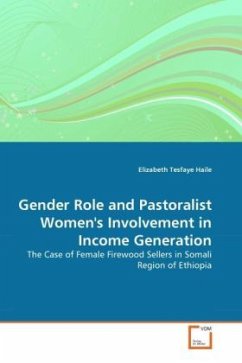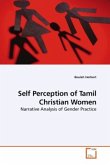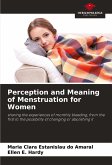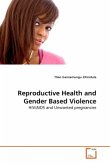Apart from the biological variations that differentiate females from males, there are psychosocial facets of the society that make boundaries for behavior manifestations that are considered "appropriate" for each sex. These psychosocial pressures would directly or indirectly dictate every member of the society to act according to the norms that govern the behaviors specified for males and females. As a result of these hard and fast rules, there is a substantial gap between males and females in terms of values, status, political power, education, employment opportunities, housing and freedom within societies across nation and over time. Particularly, in the developing world females' share of unemployed and illiterate is shockingly large and still they contribute majority of the poor. However, the Awra Amba community came up with a groundbreaking philosophy of gender issues. This book, therefore, provides essential insights about the Awra Amba community's gender role perception. Especially it would be very useful for those who are engaged in gender and anthropological research, gender equality movements and even those who are very interested over the issue.
Bitte wählen Sie Ihr Anliegen aus.
Rechnungen
Retourenschein anfordern
Bestellstatus
Storno








